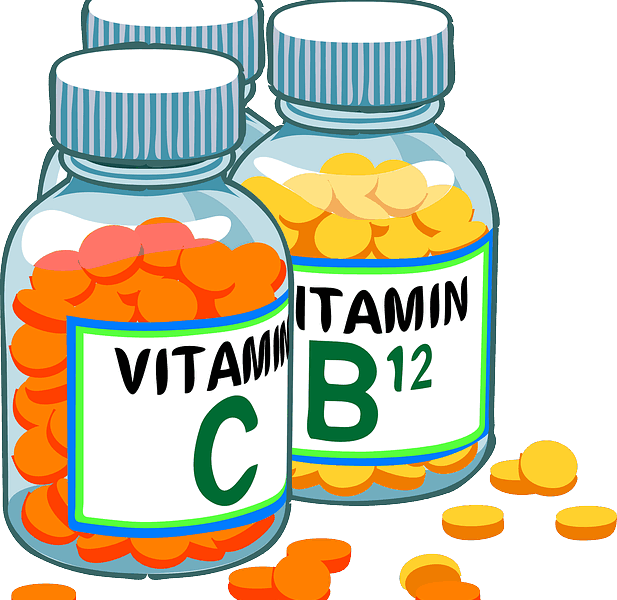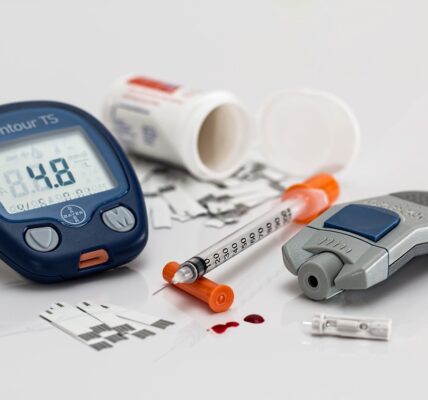Taking out of date vitamins is a question we hear a lot. You, like me, have probably acquired a ton of vitamins sitting in the medical box. Let’s dive in and find answers to those burning questions !
Can I take expired vitamins?
What happens if I take expired vitamins?
Do vitamins lose potency over time?
Are expired vitamins dangerous?
Past Their Prime? A Nutrition Expert Take on Out of Date Vitamins
We’ve all been there, haven’t we? Rummaging through the back of the medicine cabinet, you stumble upon that forgotten bottle of Vitamin C, or perhaps a multivitamin you started with good intentions, only to notice the “Best Before” or “Use By” date has long since passed. A tiny flicker of doubt sparks: “Can I still take these? Or am I just popping expensive placebos?” As a nutrition expert, this is a question I hear frequently, and it’s one worth tackling head-on. The world of vitamins and supplements can sometimes feel like a minefield of conflicting advice, but when it comes to expiration dates, the science offers some clear guidance.
Truth About Vitamin Expiration is Potency, Not Poison
Let’s cut straight to the chase: generally speaking, taking out-of-date vitamins is highly unlikely to cause you harm. Unlike some perishable foods or certain medications that can become toxic or dangerous past their expiry, vitamins do not typically “go bad” in a way that makes them poisonous.
There are no documented cases of illness or death directly attributable to consuming expired vitamins.
This is a crucial distinction to make. So, if you’ve accidentally popped a slightly past-it Vitamin D, you probably don’t need to panic and ring NHS 111. The primary concern with expired vitamins isn’t safety; it’s **potency**.
When a vitamin manufacturer places an expiration date, often referred to as a “best before” or “use by” date, on a bottle, they are guaranteeing that the product will retain its full advertised potency and quality up until that specific date, assuming it’s stored correctly. Beyond that date, the active ingredients in the vitamin begin a gradual process of degradation.
They break down, becoming less effective, meaning the tablet or capsule might not deliver the full amount of the nutrient claimed on the label. Think of it like a packet of crisps that’s a bit stale; it won’t make you ill, but it certainly won’t offer the satisfying crunch you expected.
The Science of Degradation
The rate at which vitamins lose their potency isn’t uniform; it’s a complex dance influenced by several factors. The chemical structure of the vitamin itself plays a big role.
Water-soluble vitamins, such as Vitamin C and the various B vitamins (like B1, B6, B12, and folic acid), tend to be less stable and degrade more quickly than their fat-soluble counterparts (Vitamins A, D, E, and K). Vitamin C, in particular, is quite sensitive to environmental factors, losing its efficacy rapidly when exposed to light, heat, and oxygen.
Imagine leaving your Vitamin C tablets in a humid bathroom cabinet – not ideal for their longevity. B vitamins also have a tendency to degrade relatively quickly, especially when exposed to less-than-optimal storage conditions.
Then there’s the form of the supplement. Tablets and capsules generally boast a longer shelf life compared to more vulnerable forms like liquid vitamins, chewable gummies, or probiotics. Gummies, for instance, are more susceptible to absorbing moisture, which can accelerate the breakdown of active ingredients.
Liquids, by their very nature, can be less stable as the nutrients are dissolved and more exposed. Powders, if kept dry and sealed, can last a good while, but once exposed to moisture, they can clump and degrade rapidly.
Manufacturers invest significantly in stability testing to determine these shelf lives, putting their products through various temperature and humidity conditions to predict how quality will change over time and ensure they meet label claims right up to the expiry date.
When a “Good Before” Becomes a “Waste Of”
So, while taking an expired vitamin isn’t likely to land you in A&E, relying on them to address a nutritional deficiency could be problematic. Consider someone following a vegan diet who diligently takes a Vitamin B12 supplement to prevent deficiency. If they’re unknowingly consuming an expired B12 supplement that has lost a significant portion of its potency, they might not be getting enough of this vital nutrient. This could lead to potential health complications down the line, such as fatigue, neurological issues, or even anaemia, all because they mistakenly believed they were adequately supplementing.
Another critical example often highlighted by health professionals, especially in the UK, relates to folic acid during pregnancy. Folic acid supplementation is routinely recommended before conception and during the early weeks of pregnancy to reduce the risk of neural tube defects.
If an expectant mother relies on an expired folic acid supplement that has significantly degraded, it may not deliver the crucial amount of folate needed for the healthy development of the baby. In such vital cases, reduced efficacy is simply not an option, and it’s imperative to ensure supplements are well within their active “use by” period.
The risk isn’t from the expired vitamin itself, but from the false sense of security that you’re meeting your nutritional needs when, in reality, you might not be. Essentially, an out-of-date vitamin becomes less of a health aid and more of a waste of money, offering diminishing returns for your investment.
Spotting the Signs, When to Definitely Bin It
While simple loss of potency isn’t dangerous, there are definite red flags that indicate a vitamin has gone truly “bad” and should be disposed of immediately, regardless of its printed date.
Trust your instincts on this. If your vitamins show any visible signs of mould, especially if they are gummies or softgels, it’s an immediate toss. Any unusual or foul odour that wasn’t there when you first opened the bottle is another clear warning sign. Vitamins should generally have a neutral or faint smell.
If the colour has dramatically changed, or if tablets are crumbling, sticking together, or have become unusually soft or hard, these are all indicators that moisture or other environmental factors have compromised the product’s integrity. Such changes suggest potential degradation beyond simple potency loss, or even contamination, and it’s simply not worth the risk.
Storing for Longevity, Keeping Vitamins Fresh
The best way to ensure your vitamins retain their potency right up to their “best before” date – and potentially beyond, to a lesser degree – is proper storage. This is where many of us go wrong.
The typical bathroom cabinet, often warm and steamy from showers, or the kitchen, prone to heat fluctuations and humidity, are actually some of the worst places to store supplements. These environments accelerate the degradation process for many vitamins.
Instead, aim for a cool, dry, and dark place. A bedroom drawer, a pantry shelf away from the stove, or a cupboard in a cooler part of your house are far more suitable. Always keep the vitamins in their original, tightly sealed container, as this packaging is designed to protect them from light, air, and moisture.
Some specific supplements, like fish oil, flaxseed oil, and probiotics, are more volatile and may even require refrigeration to maintain their potency; always check the label for specific storage instructions. By adhering to these simple storage guidelines, you give your supplements the best possible chance of delivering their full intended nutritional punch for as long as possible.
Expers Verdict, A Matter of Efficacy, Not Emergency
In conclusion, as a nutrition expert, my advice on out-of-date vitamins is pragmatic: while they are highly unlikely to be dangerous, their efficacy significantly diminishes past their expiration date.
If you rely on supplements to fill genuine nutritional gaps, such as a Vitamin D supplement during the darker UK winter months or a B12 supplement for those on a plant-based diet, then it’s crucial to ensure you’re consuming potent products. Taking an expired vitamin might offer psychological reassurance, but it offers little in the way of tangible nutritional benefit, essentially becoming a wasted effort and a squandered investment.
My strong recommendation is to dispose of expired vitamins responsibly and replace them with a fresh supply. Keep track of those dates when you purchase them, store them correctly, and aim to use them within the recommended timeframe. This ensures you’re consistently providing your body with the nutrients it needs, at the dosages you expect, and truly optimising your nutritional strategy for robust health and wellbeing. After all, when it comes to your health, you want to be sure you’re getting the most bang for your buck, not just a dose of false hope.
0



